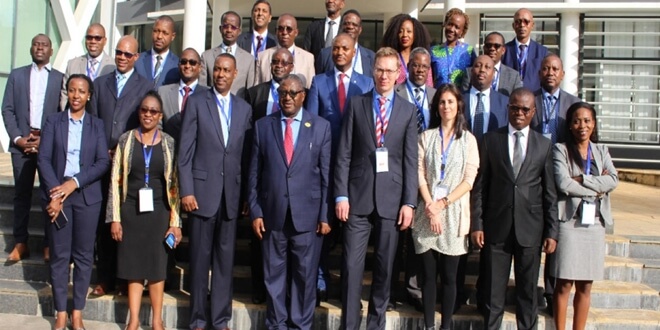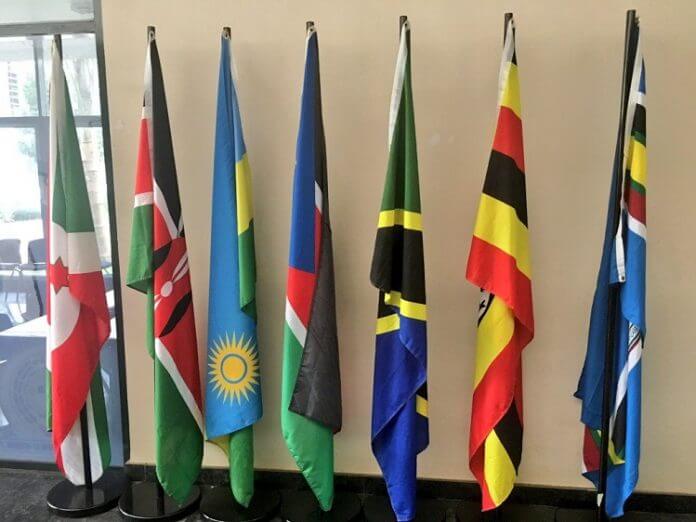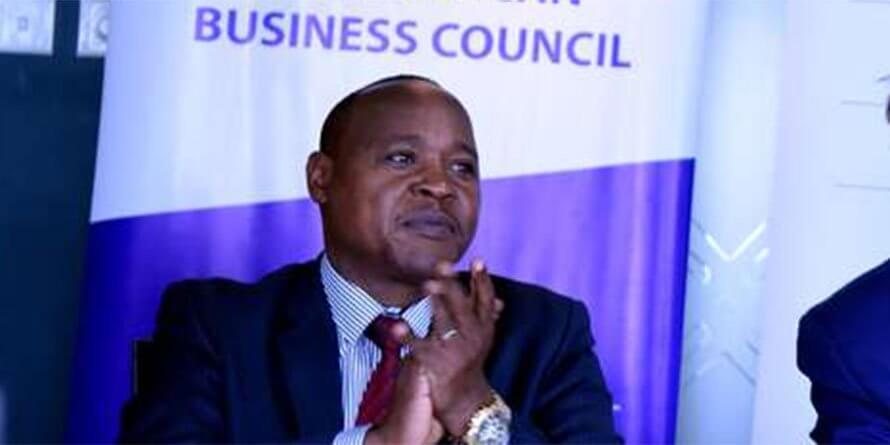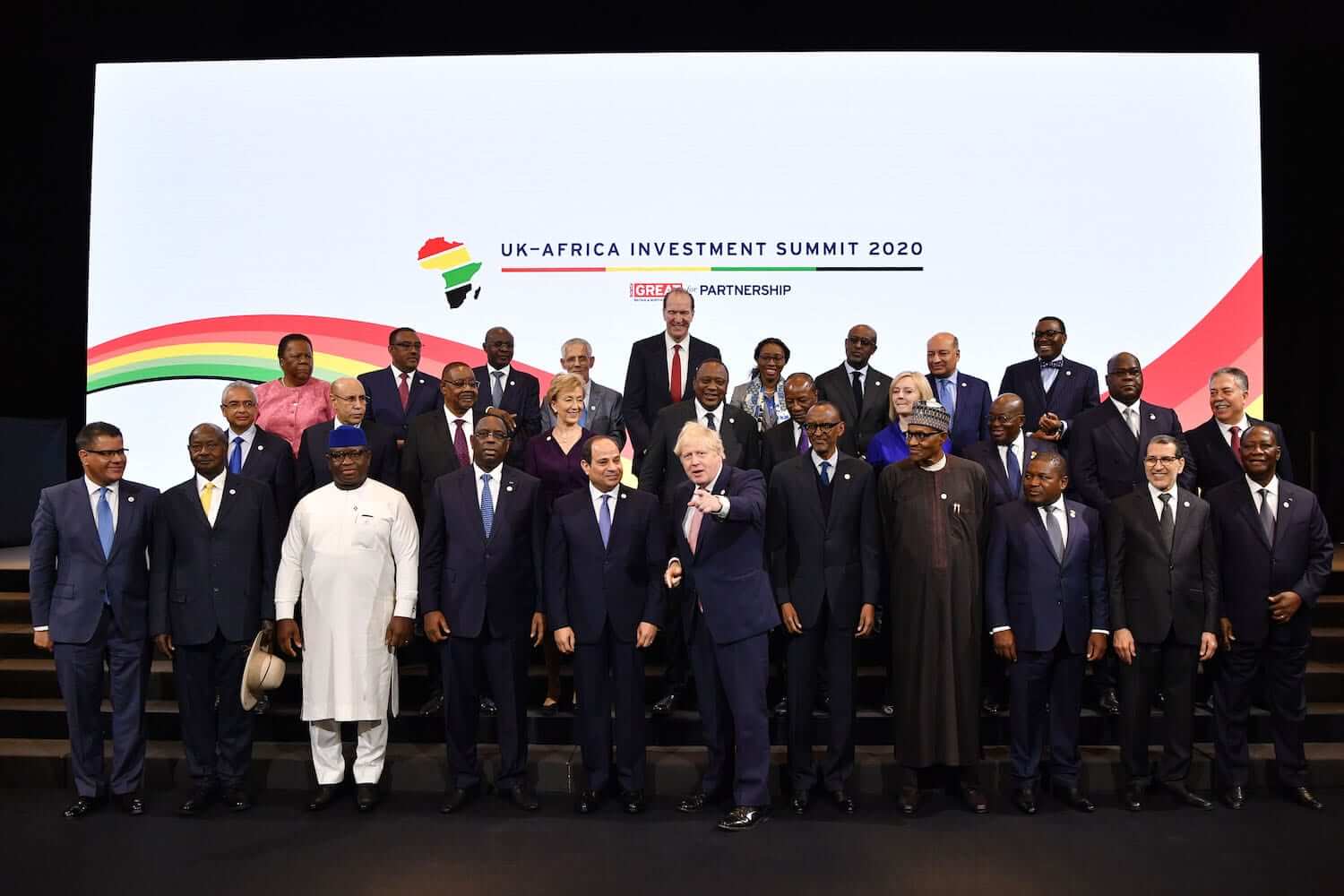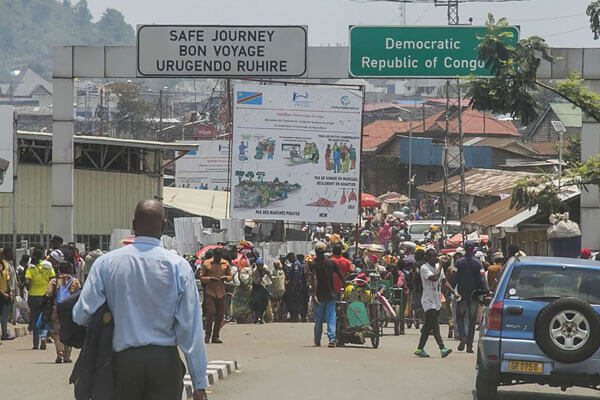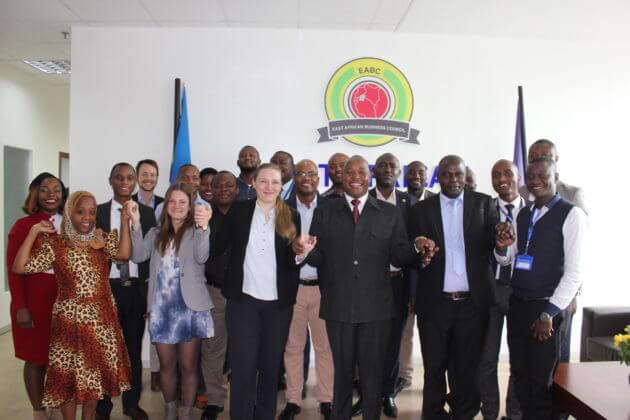The meeting which took place on Thursday and Friday last week convened over 30 participants, including donors providing financial support to the NEPAD-IPPF Special Fund, representatives of the African Development Bank, African Union Commission, African Union Development Agency (AUDA-NEPAD), Regional Economic Communities, Regional Power Pools, Corridors Authorities and Transboundary River basin organisations. Members agreed to implement recommendations of NEPAD-IPPF's independent evaluation held in 2019, and also approved operational reforms and the 2020 work programme. EAC Deputy Secretary General in charge of Planning and Infrastructure, Steven Mlote, thanked the bank for its generous support over the past 20 years which he said had resulted in numerous achievements in various sectors including transport, energy, one stop border posts, ICT and Trans-Boundary Water Projects. He said the recently completed Arusha-Tengeru dual carriageway and the Arusha by-pass had substantially improved traffic flow in the Arusha region while the counterpart section in Kenya – the Taveta-Mwatate road, has opened up a new and shorter trade and transport route for Rwanda and Burundi from the port of Mombasa. "Along the Coast of East Africa, the transport corridor from Malindi in Kenya to Bagamoyo in Tanzania is due for upgrading with funds from the Bank. It is gratifying to note that its preparation was funded by the NEPAD-IPPF. This road will close the missing surface transport link between the EAC and SADC regions which traverses Kenya, Tanzania and Mozambique," he added. The successes of initial bank-funded multinational projects between Kenya and Tanzania provided the impetus to widen...
EAC hosts Africa infrastructure development meeting
Posted on: February 27, 2020
Posted on: February 27, 2020

